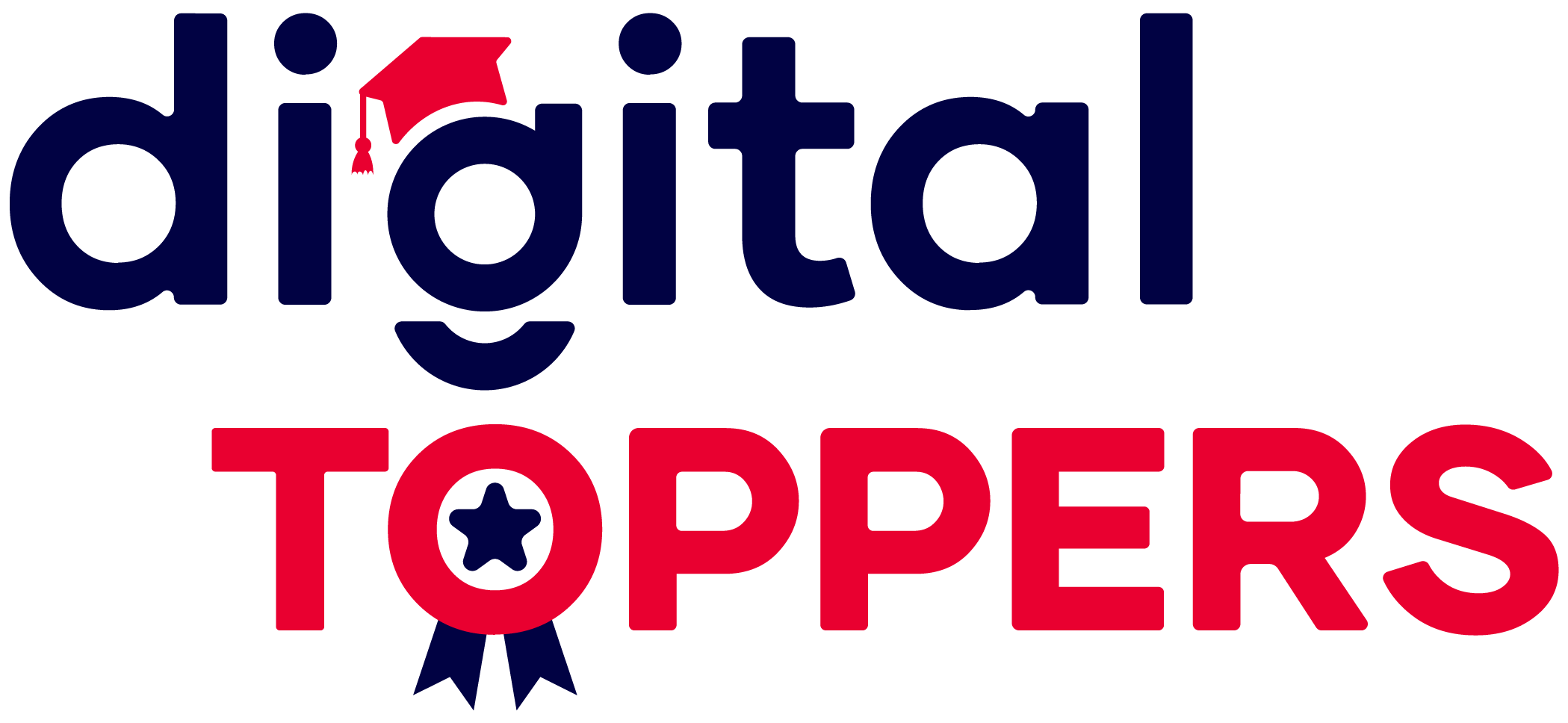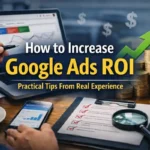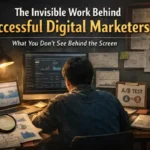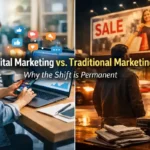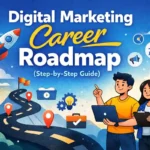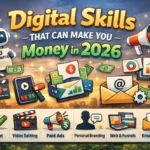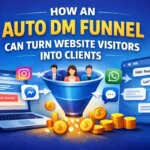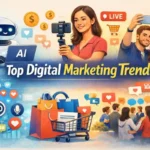How to Increase Google Ads ROI: Practical Tips From Real Experience
Let’s be honest.
Running ads on Google Ads can feel frustrating. You put money in, clicks come in… but are they sales or leads? Not always.
If you’ve ever asked yourself,
“Why am I spending so much and getting so little back?”
You’re not alone.
The truth is, Google Ads works incredibly well—but only when it’s handled the right way. Below are practical, real-world tips that actually help improve ROI, not theory.
1. Stop Running Ads Without a Clear Goal
This is where most people go wrong.
Before you create a campaign, ask:
- Do I want leads, calls, or sales?
- What action should the user take after clicking the ad?
If you’re running ads “just for traffic,” you’re likely wasting money. Traffic doesn’t pay bills — conversions do.
One campaign, one goal. Keep it simple.
2. Choose Keywords Like a Buyer, Not a Marketer
Big search volume looks attractive, but it doesn’t always mean results.
Someone searching:
- “What is digital marketing?” → just learning
- “Digital marketing agency near me” → ready to buy
Always choose keywords with buying intent.
Examples of strong intent words:
- buy
- pricing
- services
- quote
- near me
Less traffic with better intent = higher ROI.
3. Negative Keywords Will Save Your Money
If you’re not using negative keywords, you’re definitely wasting ad spend.
Negative keywords stop your ads from showing for irrelevant searches.
For example:
- If you don’t offer free services, → add “free.”
- If you’re not hiring → add “jobs,” “career”
- If you sell premium, → block “cheap.”
Check your search terms regularly. This one habit alone can improve ROI instantly.
4. Write Ads That Sound Like a Human, Not a Billboard
Many ads fail because they sound generic.
People don’t click ads that say the following:
“Best Digital Marketing Company”
They click ads that say the following:
“Get More Leads Without Wasting Ad Budget – Free Strategy Call”
Your ad should:
- Address a real problem
- Offer a clear benefit
- Speak like a human
- Tell them exactly what to do next
Simple words work better than fancy ones.
5. If Your Landing Page Is Weak, Ads Won’t Work
This is harsh but true.
Even the best ads can’t fix a bad landing page.
Your landing page should:
- Load fast
- Match the ad message
- Focus on ONE action only
- Be easy to use on mobile
- Build trust (reviews, testimonials, guarantees)
Don’t send paid traffic to a confusing homepage. That’s money leaking.
6. Track Conversions Properly (No Guesswork)
If you don’t know what’s converting, you can’t improve ROI.
You should track:
- Form submissions
- Phone calls
- Purchases
- WhatsApp or chat clicks
Use Google Analytics along with Google Ads conversion tracking to see what’s actually working.
Decisions based on data beat assumptions every time.
7. Don’t Let Google Control Everything From Day One
Smart bidding is powerful — but only after you have enough data.
In the beginning:
- Monitor campaigns manually
- See which keywords convert
- Pause poor performers
- Increase budget on what works
Once conversions are consistent, automated bidding becomes useful. Until then, stay in control.
8. Use Ad Extensions (They Matter More Than You Think)
Ad extensions make your ad bigger and more trustworthy.
Use:
- Call extensions
- Sitelinks
- Callouts
- Location extensions (if local)
They improve click-through rate and quality score and often reduce cost per click—all good for ROI.
9. Google Ads Is Not “Set and Forget”
Successful Google Ads accounts are managed, not ignored.
Every week or month:
- Test new ad copies
- Review search terms
- Pause low-performing ads
- Improve landing pages
Small improvements over time create big results.
Conclusion
Improving Google Ads ROI isn’t about tricks or hacks.
It’s about:
- Understanding your audience
- Avoiding wasted clicks
- Sending people to the right page
- Constantly improving what’s not working
When done right, Google Ads stops feeling like an expense and starts becoming a reliable growth channel.
How to Increase Google Ads ROI: Practical Tips From Real Experience Read More »
